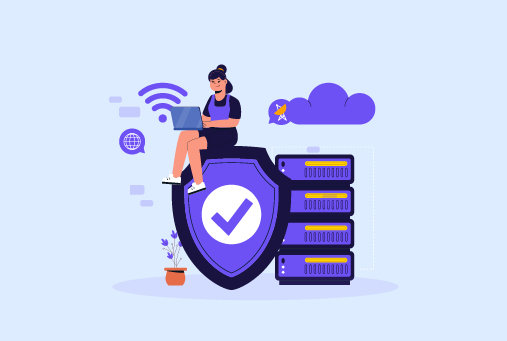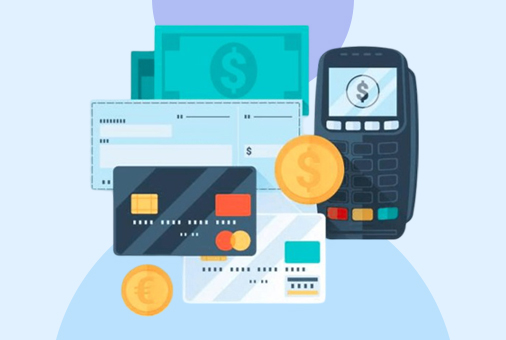
What is a Middleman Attack and How Do You Prevent It?
When someone hacks by secretly taking a place between two communicating parties, this is an MITM, or middleman, attack. As a result, the hacker can take the information, read it, and modify it in some cases. It is generally the case that both real parties have no clue someone has started watching them. You may experience these attacks while making purchases online, using internet banking, or via your private emails.
Many middleman attacks are happening in the United States. According to a 2023 report from IBM, MITM attacks account for about 35% of all data breaches involving stolen personal information. Now that more individuals are accessing the internet remotely and on public Wi-Fi, there is a higher danger involved.
How Middleman Attacks Work
Assume that you get online with your bank’s site on a public coffee shop’s free Wi-Fi. A hacker can do things to make you think you are connected to your bank when, in reality, it is a fake bank website. Sharing your username and password with the site is the same as delivering them to the hacker. After getting what they want, the hacker will direct you to the correct site, meaning you won’t even notice what happened.
Hackers might also use fake emails or texts that look as if they were sent by respected companies. A link inside an SMS may send you to a fraudulent website aimed at taking your information.
How to Prevent a Middleman Attack
You should always try to use networks that are secure to protect your devices. It is not safe to do online banking or shopping over a public WiFi unless you have a Virtual Private Network (VPN). A VPN encrypts your traffic, turning any criminals’ efforts to spy on you into nearly unsuccessful work.
Bedford, accessing the website, check its URL. Must be “https://. Here ‘s’ is for secure. It means that every information you will access from the website will be encrypted. The FTC reported in early 2022 that approximately 60% of people still fail to monitor the security signs on websites.
It is very important to regularly update your gadgets. Many times, updating software removes holes that hackers may exploit in their middleman attacks. Always put strong uncrackable passwords on your device and applications. To be more secure, add an extra two-factor authentication security layer.
If you are running a business, it’s a good idea to hire a security expert team that will do regular security checkups, through ethical hacking, and detect a man-in-the-middle attack.
If the site you are opening doesn’t open quickly and seems strange, then do not proceed with it further; it might be a fake site by a hacker. Always keep a keen eye on any unusual online activities.
Conclusion
Middleman attacks are increasing. Many people are using the internet, and so these attacks are increasing too. Keep knowledge of everything that happens online know how hackers do their work to harm you. Connect a VPN on your device to keep your data private and secure from cybercriminals. Also, it will protect you from middleman attacks and other online viruses that can harm your system. Moreover, for more security, you can turn on the app security scanner from the settings of the Google PlayStore and Apple Store. It will scan the app when you download it to ensure the app is secure.





